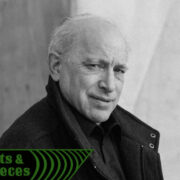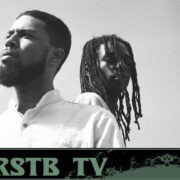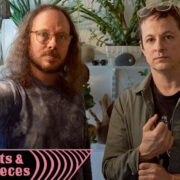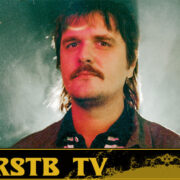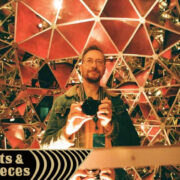Dave Easley 

The past few years have certainly been amazing for the fringes of country. Not only has there been a revival in the sort of Cosmic Country that grew out of the ‘70s smoke clouds, but ambient country has found its own niche and the pedal steel has been wrapped up in the arms of the whole scene. While steel artists like Luke Schneider, Jonathan Gregg, and Barry Walker Jr. have found their niche in this new era turning the pedal steel into a conduit for the infinite, there’s another world out there where the steel remains central — celebrated, but shielded from the average listener. On the steel circuit, there are conventions that gather in dusted shells, southern halls, hotel ballrooms, and fairgrounds. The playing can be transcendent, but often the iron grasp of traditional country holds firm. Enter Dave Easley, an outlier from the country classicists, and kindred spirit to those looking to push the boundaries of the instrument, but also a hero to those whose heart remains true to the pedal steel as an unsung art.
Easley is a staple of those steel circuits, but he tends to leave the room light save for those who know the true nature of the magic he’s laying down. Easley adapts the pedal steel for jazz, working on pieces by Coltrane, Monk and Zawinul in the grooves of Byways of the Moon, but he leaves space for Led Zeppelin and The Beach Boys in this mix as well, somehow making them never seem out of step, or like they weren’t made for the strings of the steel guitar. What’s truly impressive about Easley’s playing is his touch on the instrument. The best Pedal Steel runners find a way to make the instrument hum and dip, never feeling like the fingers are involved, but rather that the sounds just melt out of the amplifier in rippled tones. Easley can do that, sure, but he’s also got a way of making it carve sculptural tones and in the case of the Page/Plant’s “Battle of Evermore,” making it fry the senses in a way the instrument has rarely been allowed.
Easley’s tone is immaculate, feeling ever the contemporary to the sax and piano players he’s often emulating. Honestly this is one of those records that begs listening through the end of the year, sneaking out at the top of December when everyone’s ears are distracted and slicing through the remains of the year. Under the eye of Chris Schlarb (Psychic Temple) in the producer’s chair Easley has released a masterpiece that pulls together disparate scenes to create a singular vision of jazz, pedal steel, and the emotional resonance of an instrument that often gets relegated to the back row.
Support the artist. Buy it HERE.

